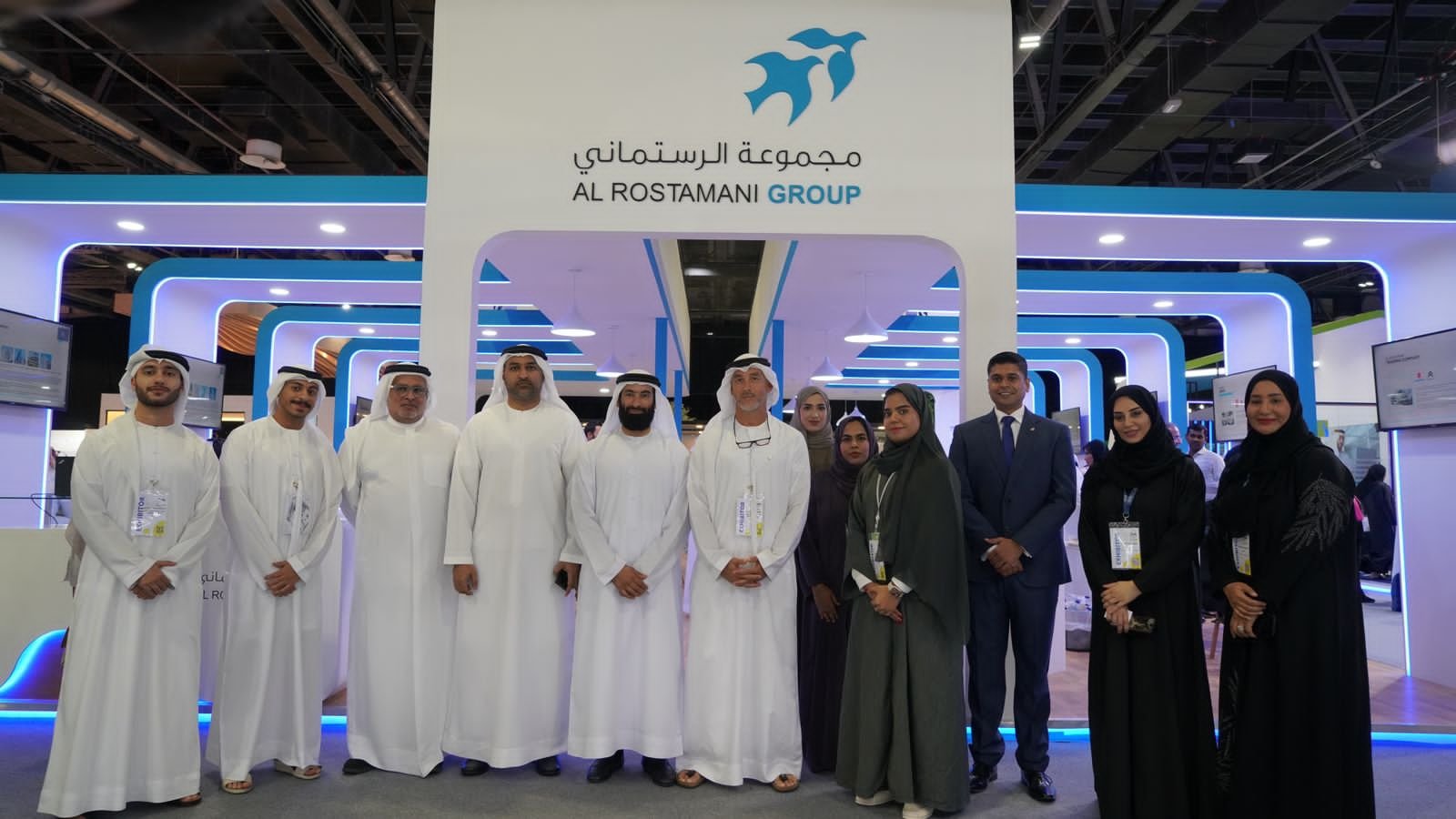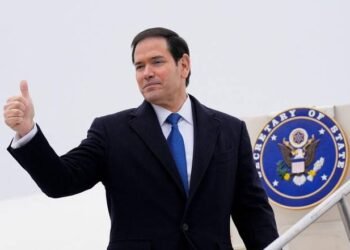Monitoring Report: The UAE has welcomed the “rule book” laid out as part of a COP24 deal struck on Sunday and urged the international community to further commit to the fight against global warming.
Delegates from nearly 200 states finalised procedures to deliver the Paris goals of limiting global temperature rises well below 2°C above pre-industrial levels.
The UAE has led the region in climate change policy since its initial signing of the Paris Agreement in 2015 and maintained its commitments in subsequent years — committing 27 per cent of their energy from clean sources by 2021 and increasing that to 50 per cent by 2050.
However, the UN and international climate change organisations are calling for more to be done. The sentiment was echoed by the Minister of Environment and Climate Change, Dr Thani Al Zeyoudi, who pointed out that the impacts of climate change were growing in intensity and frequency, and adversely affecting the lives of millions of people.
“Such climatic catastrophes reaffirm to the international community that we were not blowing the matter out of proportion when we warned against the considerable risks that climate change poses to human lives and property,” he said.
He also called on nations saying that the world has “no choice but to intensify their efforts to cut down carbon emissions and expedite climate adaptation measures, both at home and abroad.”
Signatories to the Paris climate agreement struck a deal on Sunday, making progress on the climate accord, but have still fallen short of committing to reduce emissions to “prevent catastrophic global warming”.
“Putting together the Paris agreement work programme is a big responsibility,” said COP24 president Michal Kurtyka after talks in Poland ran over. “It has been a long road. We did our best to leave no one behind.”
But states already dealing with devastating floods, droughts and extreme weather made worse by climate change said the package agreed in the mining city of Katowice lacked the bold ambition to cut emissions the world needed.
They bristled against the US, Russia, Saudi Arabia and Kuwait over wording. The four countries question the science found in a recent Intergovernmental Panel on Climate Change report.
The findings from the Intergovernmental Panel on Climate Change highlighted the need to slash carbon emissions by nearly half in the next 12 years to reduce global warming to 1.5C by 2030.
By some estimates, the world is headed towards a 3-degree increase by 2050 — spelling devastating results for the world but in particular the region.
Failure to achieve those reductions, the report warned, would destroy ecosystems, trigger widespread climate-related refugee’s crisis and contribute to disease. The results, it said, would be “long-lasting and irreversible”.
“Emissions reduction pledges to go beyond what’s already been committed is absolutely crucial, otherwise we have a very limited window in which to even meet the overall objective of the Paris Agreement,” said Tanzeed Alam, managing director of Earth Matters Consultancy.
Many countries wanted the most recent IPCC report to be a part of the agreement at COP24, which serves as the set-up conference before countries are expected to up their national carbon emissions reductions.
The four countries were unwilling to take into account the IPCC report, bogging down the final days of negotiations and ultimately contributing to a watered-down version of the COP24 communique.
Reports have shown extreme weather under scenarios that include a two to three Celsius increase would be even more pronounced. Kuwait and Saudi Arabia often see summer temperatures exceeding 50C and would be part of climate-related storms trapping residents of the GCC indoors for days on end.
The disagreement took place over burden-sharing that has been left unaddressed since the original COP21 agreement in Paris. It stipulates that rich countries should fund poorer countries’ carbon-reducing projects — such as phasing out coal-based energy plants in favour of sustainable sources of energy.
Saudi Arabia and Kuwait, two of the largest oil producers in the region, are threatened by the prospects of an oil slump brought upon by separation from fossil fuel dependency. Their policies have changed drastically from COP21, where they were fully on-board, to today where their commitment is not in line with the UN body asking for countries to commit more.
Climate organisations, such as the WWF have expressed concern over countries’ failure to fully understand the repercussions of falling short of what scientists are demanding.
“They’ve made important progress, but what we’ve seen in Poland reveals a fundamental lack of understanding by some countries of our current crisis. Luckily, the Paris Agreement is proving to be resilient to the storms of global geopolitics,” said Manuel Pulgar-Vidal, Leader of WWF’s Climate and Energy Practice.
Along with Morocco, the UAE is considered to be putting forth the most ambitious climate policies. But like the majority of the world, it is still falling short of achieving what is being outlined by the IPCC report — namely reducing emissions in half by 2030.
The UAE argues, however, that the biggest polluters must do more to help developing countries implement changes that are both sustainable and not to thwart their development.
The United States is the second biggest carbon dioxide emitter and Russia is fifth. However, oil-producing countries in the GCC have some of the highest per capita emissions in the world.
SOURCE: NEWS AGENCIES








 United Arab Emirates Dirham Exchange Rate
United Arab Emirates Dirham Exchange Rate
